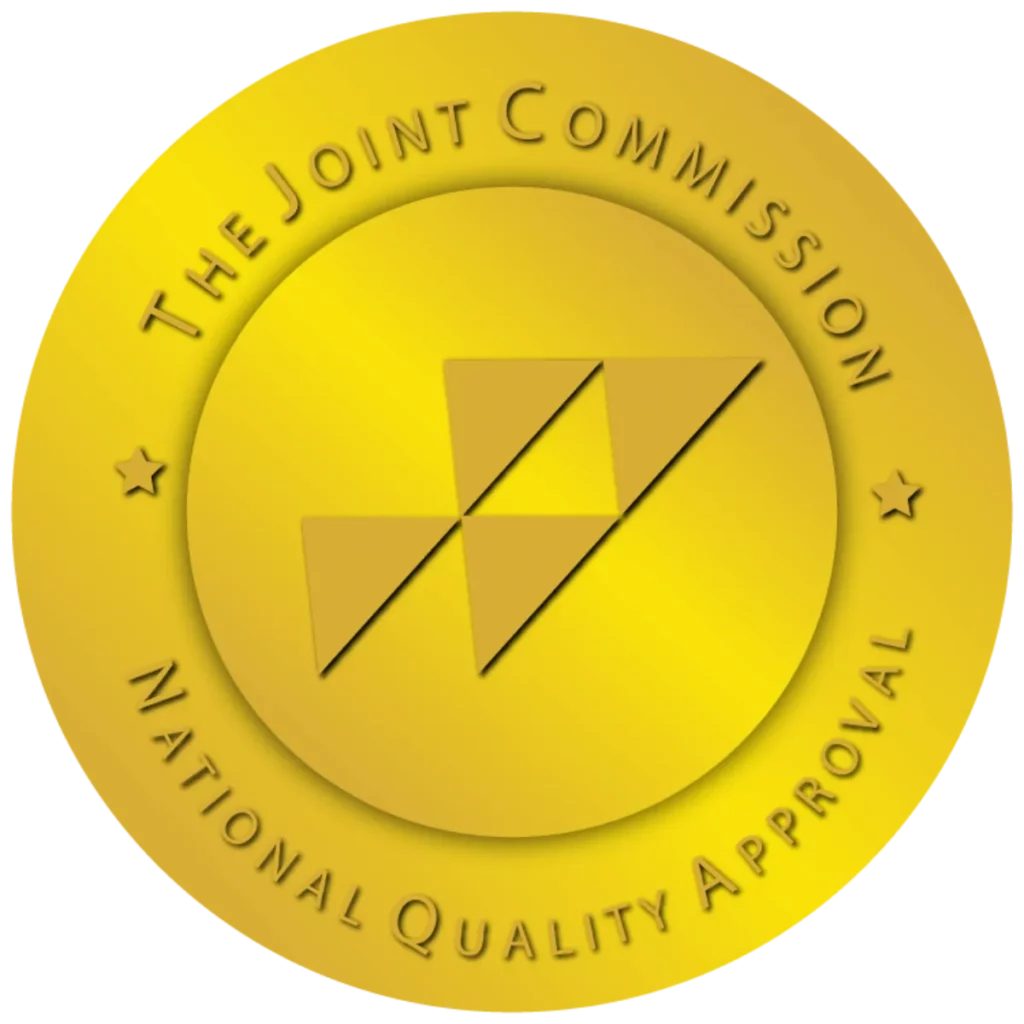Meditation is a practice of centering the mind. With daily application, meditation practices are known to aid in developing clarity, concentration, emotional positivity, and feelings of wellbeing. Through this practice, people may be able to learn the patterns of thought most active.
When dealing with addiction, it is important to discover the underlying emotional cause. The wanting mind is a state in which one creates a perception of unhappiness through beliefs of lack. Wanting more money, health, recognition, love, and other notable desires create a feeling of inadequacy. Within this state of contemplation, negative emotions form disruptive beliefs.
New research on meditation shows that mindfulness-based practices are effective in treating substance abuse. Mindfulness-based relapse prevention tackles two main predictors of relapse: negative emotions and cravings. The technique is applied once patients with substance addiction have undergone detox and stabilization. The body may be clear, but the mind and the beliefs that led to substance abuse need also be released.
The biggest shift occurs when an individual’s relationship to discomfort is altered. Through mindfulness, emotions that trigger cravings are brought into awareness. The process involves noticing as the feelings begin to arise and the patterns of thought that trigger them. The experience of emotional discomfort can be transformed as one shifts the state of mind that leads to this place. It really allows the individual a state of clarity and freedom, creating awareness as to where to intervene in their own life when needed.
At Asana Recovery, a life of balance and mindfulness is healthily encouraged. Every effort is made to develop a practice of complete awareness and presence. Mindfulness is key to achieving a successful long-term recovery. The supervised detoxification and residential treatment programs are offered in a supportive, inspiring, and relaxed environment. Take control of your life. Contact us today at (949) 438-4504 to learn more about our comprehensive drug and alcohol addiction treatment program.





